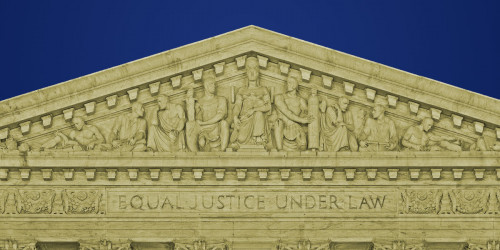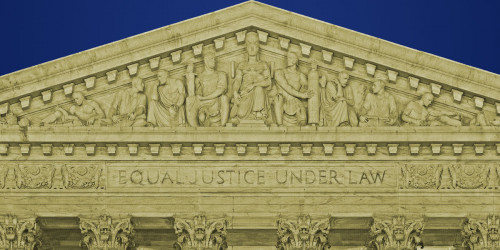Following a federal district court's reversal of its prior ruling that disabled one of the domain names of whistleblower site "Wikileaks," Swiss bank Julius Baer has decided that it has had enough. On Wednesday, Julius Baer filed a motion of voluntary dismissal, effectively ending the case. While the bank notes that it "may, at their option, later pursue their claims, including in an alternate court, jurisdiction or venue," that seems unlikely, at least in a U.S. court.
In early February, the bank filed suit against Wikileaks for hosting allegedly leaked documents regarding personal banking transactions of Julius Baer customers. Also sued was Wikileaks' domain name registrar, Dynadot LLC. On February 15, following a stipulation between Julius Baer and Dynadot, the court issued a permanent injunction, disabling the wikileaks.org domain name and preventing that domain name from being transferred to any other registrar.
Last week, EFF moved to intervene in the case, along with the American Civil Liberties Union, the American Civil Liberties Union Foundation of Northern California, and the Project on Government Oversight (POGO). arguing that the court's order order infringed on the First Amendment rights of Internet users who have an interest in accessing material of public concern on the site. Ruling from the bench, Judge Jeffrey White cited concerns about the First Amendment, the effectiveness of disabling the wikileaks.org domain name, and the court's own jurisdiction over the case as reasons to dissolve his previous orders. While Judge White permitted Julius Baer to proceed with its case, he suggested to the bank that it "take a deep breath" and decide whether litigation was really the right course given the cited difficulties.
We're glad to see Julius Baer abandon this ill-conceived lawsuit. The bank was never able to offer satisfactory answers as to why the case should even be heard in a U.S. court, let alone why the First Amendment rights of individuals who wanted access to other materials on the Wikileaks site should be held hostage while the bank tried (futilely) to pull down a handful of disputed documents. Julius Baer unwittingly demonstrated once again that the "Streisand effect" remains in force: attempts to censor material available on the Internet will almost invariably backfire, causing the information to be widely publicized.











